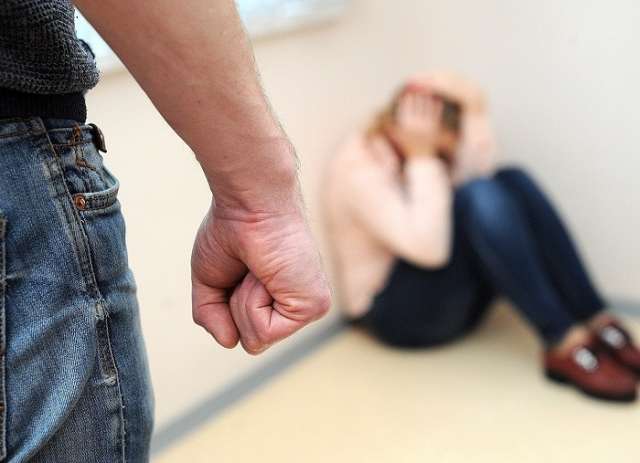“Armenian authorities have failed to protect women and others from domestic violence, putting women’s and children’s health and lives in jeopardy,” said Jane Buchanan, associate Europe and Central Asia director at Human Rights Watch. “The new law is one important step, but until authorities take reports of domestic violence seriously and ensure that women and children get the legal, medical, and social help they need, the danger remains.”
Those interviewed said that when they reported abuse to police or other authorities, the authorities did nothing to prevent further violence, investigate cases, or hold the attackers accountable. In some cases, the authorities encouraged women to drop complaints and reconcile with their abusers. The authorities did not refer the women for services or assistance.
Armenia’s Coalition to Stop Violence against Women, an alliance of nongovernmental women’s rights organizations, reported that at least four women were killed by their partners or other family members in the first half of 2017, and at least 50 were killed between 2010 and 2017. The Coalition received 5,299 calls about incidents of domestic violence from January through September 2017.
In one case Human Rights Watch documented, Gayane (not her real name), 45, said that her former husband had repeatedly beat her during their eight-year marriage, stalked her after she divorced him, and frequently broke into her house to rob and attack her, most recently in November. “He grabbed me by the hair and threw me on to the sofa,” Gayane said. “He jumped on top of me and put his elbows on my throat, trying to strangle me. I bit him in the arm and he let go, but he dragged me off the sofa, threw me down on the floor, and started to kick me all over, shouting, ‘Die!’”
When Gayane ran to the police in her nightclothes, they said, “Oh, so you came and want to do something about your husband? He beat you? And so? Why did you let him in?” After receiving treatment at the hospital for a sprained wrist and numerous bruises, Gayane returned home to find her former husband asleep in her house with her two sons. Police refused to intervene.
Children witnessed abuse against their mothers, often for many years, and several women said their husbands committed violence against their children. Human Rights Watch also documented other family members, such as in-laws, abused women.
The new law requires police to urgently intervene “when there is a reasonable assumption of an immediate threat of repetition or the continuation of violence” in the family. Urgent measures include police removing the alleged attacker from the home and prohibiting them from approaching or communicating with the victim. Courts can issue six-month protection orders, with two possible three-month extensions.
Many women said they lived with their abusers for years because they had no means of escape. The country has only two domestic violence shelters, both in the capital, Yerevan, run by nongovernmental organizations, each with a capacity for five women and their children. Council of Europe standards call for at least one specialized shelter in every region, and one shelter space per 10,000 people. With a population of approximately 2.9 million, Armenia should have approximately 290 shelter spaces. The new law mandates creating government-run shelters, but does not specify the number of shelters or their capacity.
The law defines domestic violence as “a physical, sexual, psychological, or economic act of violence” between family members, including spouses in unregistered marriages. It is not clear if the law applies to couples who are not in registered or unregistered marriages.
Just before submitting the law to parliament in mid-November, the government revised the law to include “strengthening of traditional values in the family” as a key principle. Authorities also changed the title to add the concept of “restoring harmony in the family.”
The Coalition to Stop Violence against Women expressed concerns that the new law’s principle of “traditional values” could be used to reinforce obsolete and problematic gender roles and stereotypes. Activists also fear an emphasis on “restoring harmony” could be used to pressure women to remain in abusive relationships.
The European Union insisted the government of Armenia pass a domestic violence law as a condition for certain budgetary support. The European Commission also called on Armenia to ratify the Council of Europe Convention on preventing and combating violence against women and domestic violence, known as the Istanbul Convention. In late December, the government approved the possible signature of the convention, but has not yet done so.
“Women in Armenia need the government to provide meaningful protection from abusive husbands and partners, not to reinforce gender stereotypes about men’s dominance or family roles that can contribute to violence in the first place,” Buchanan said.
More about: #Armenia
















































